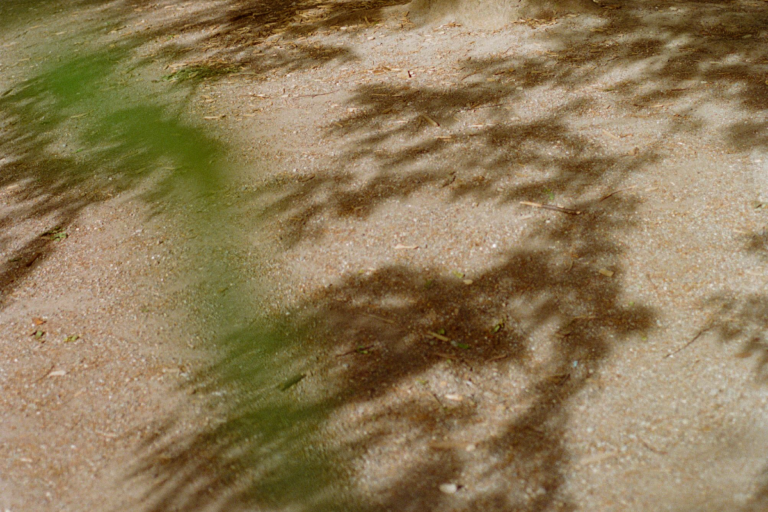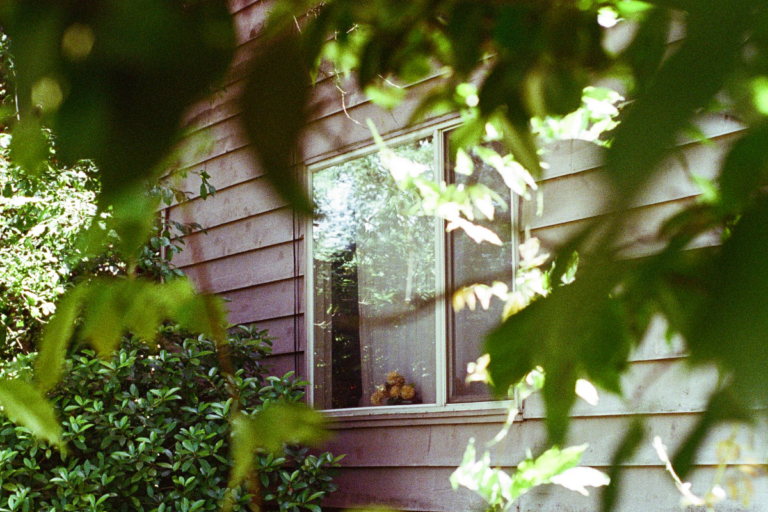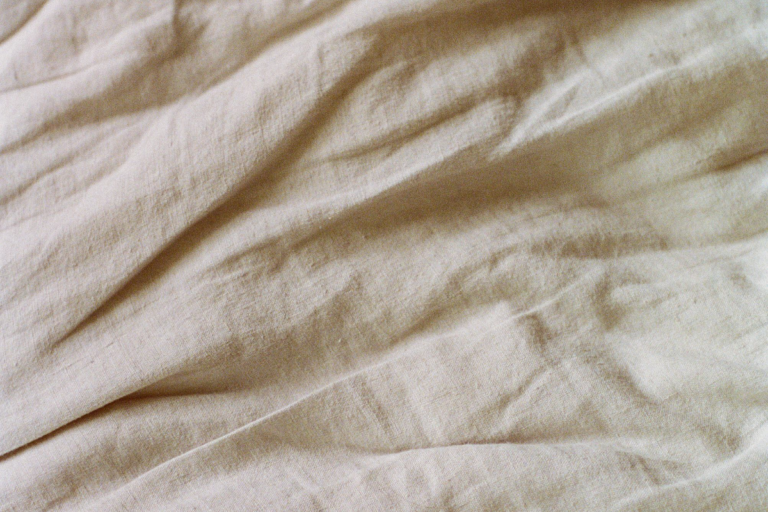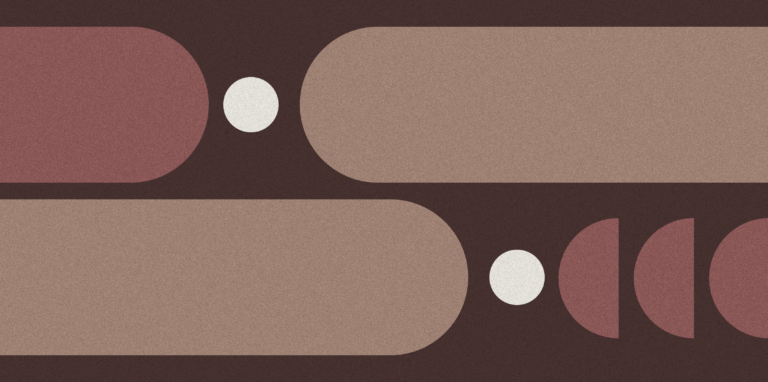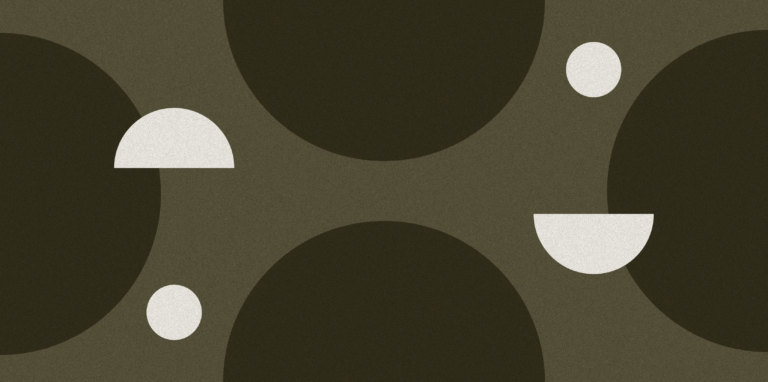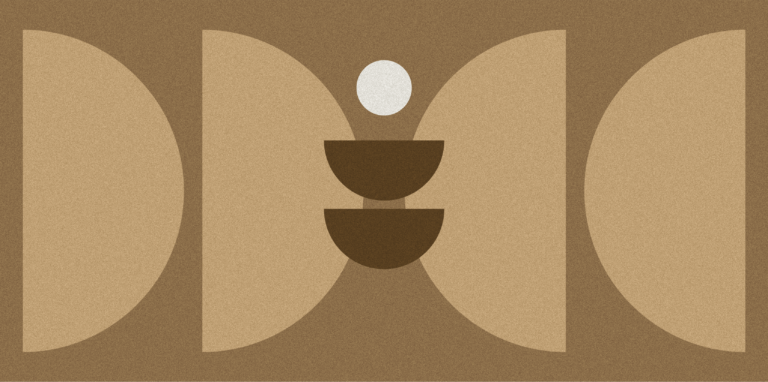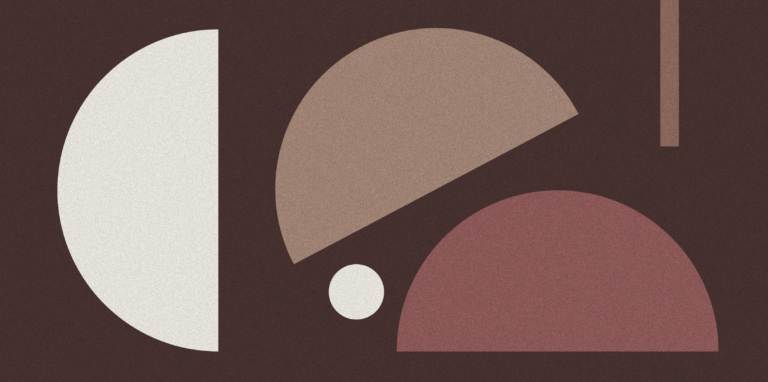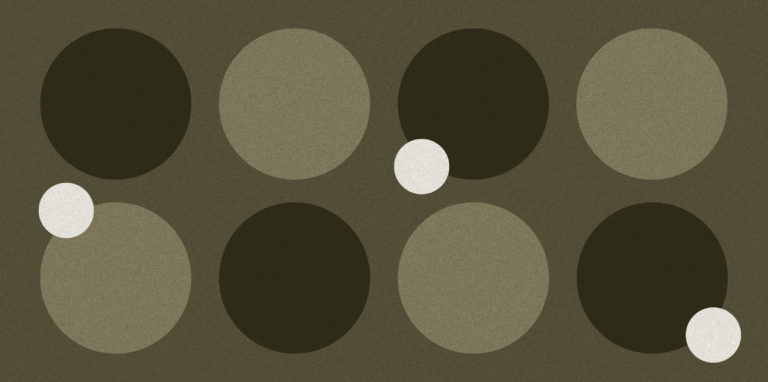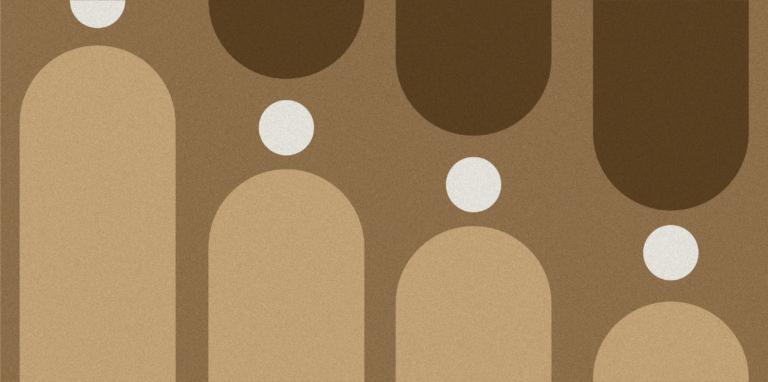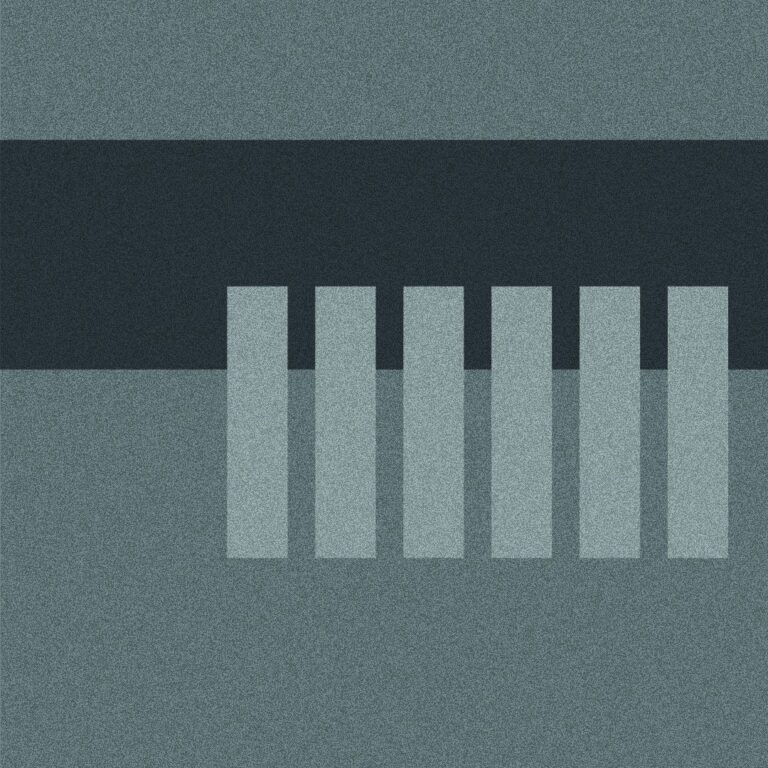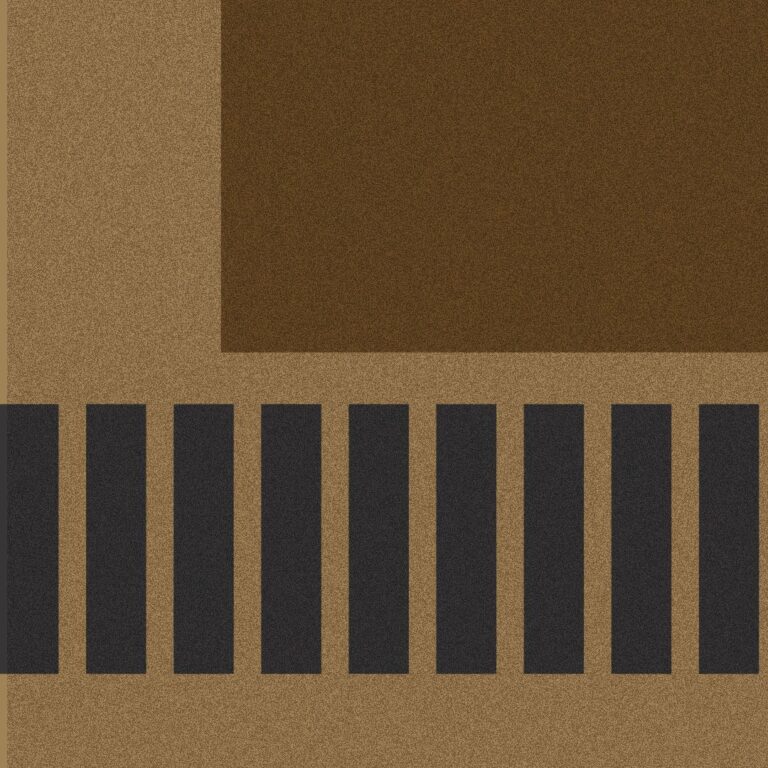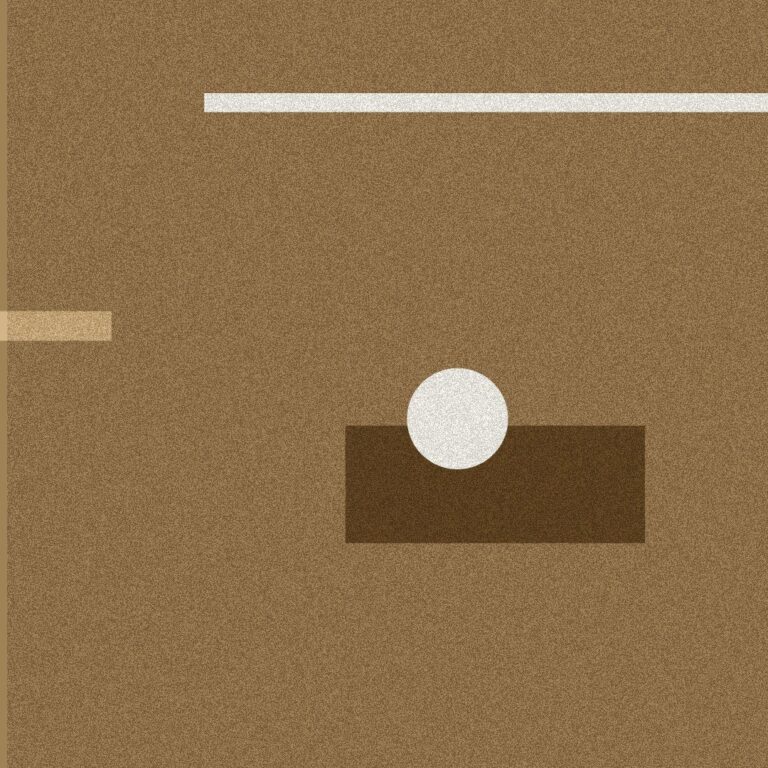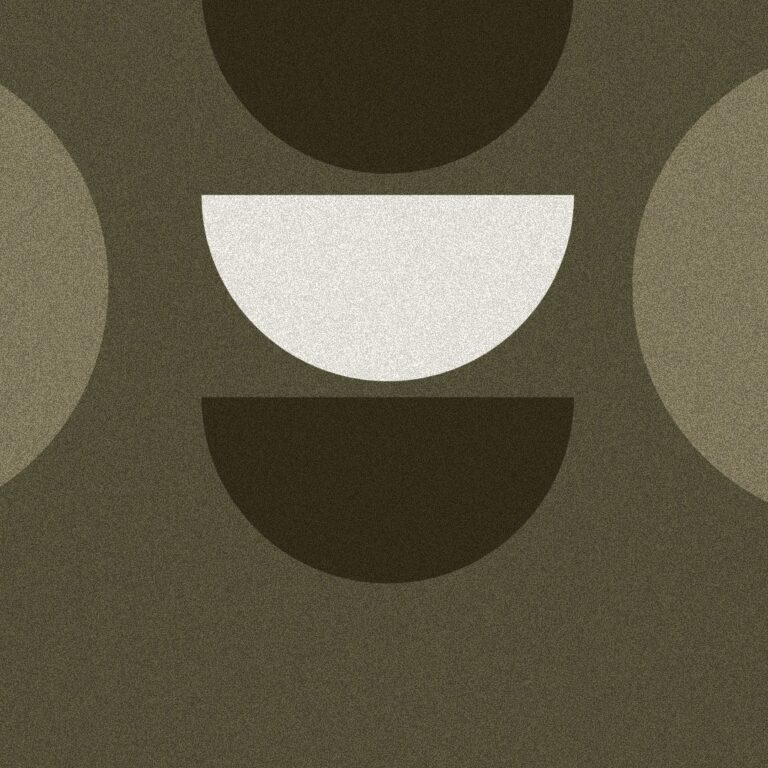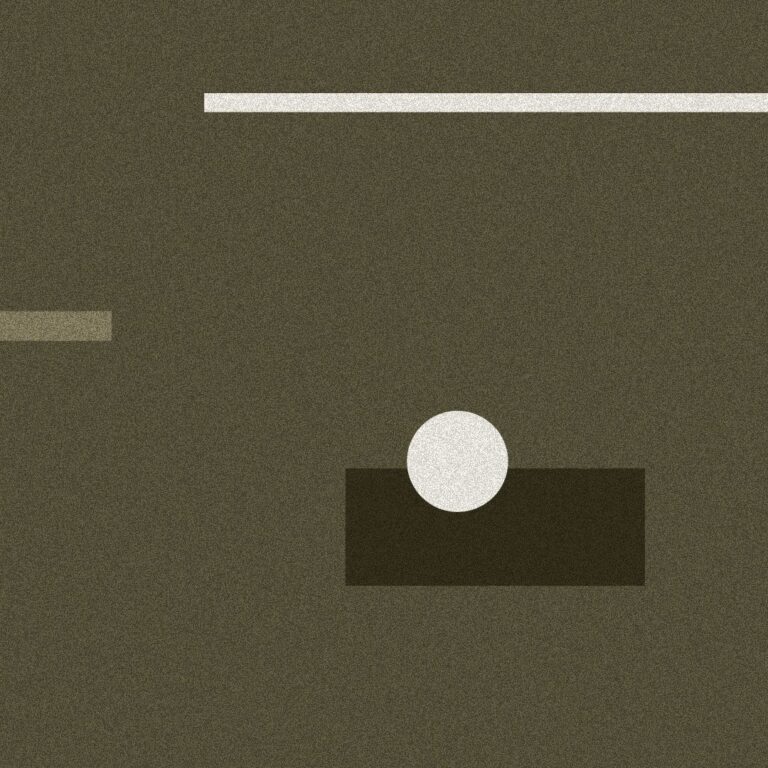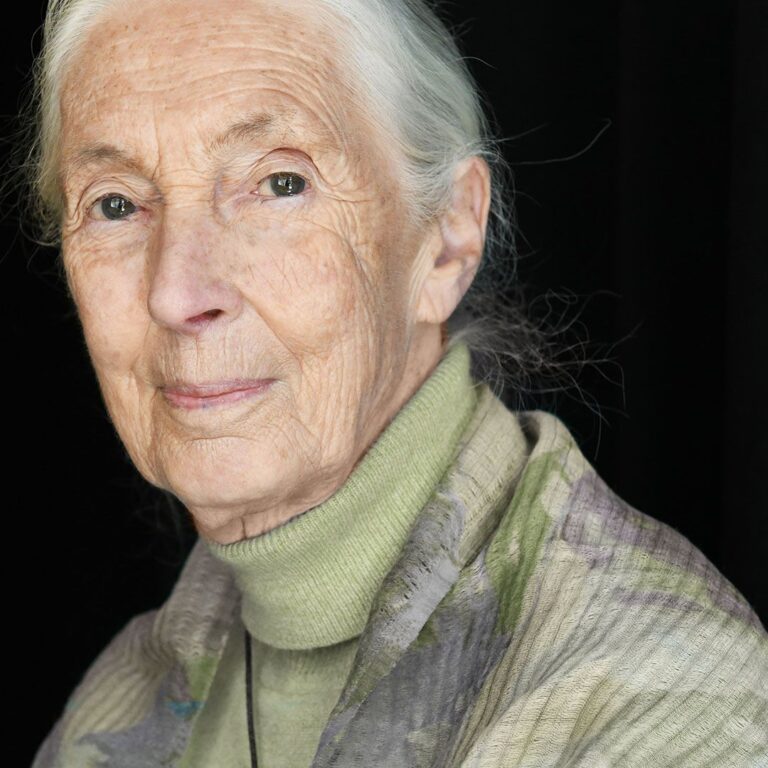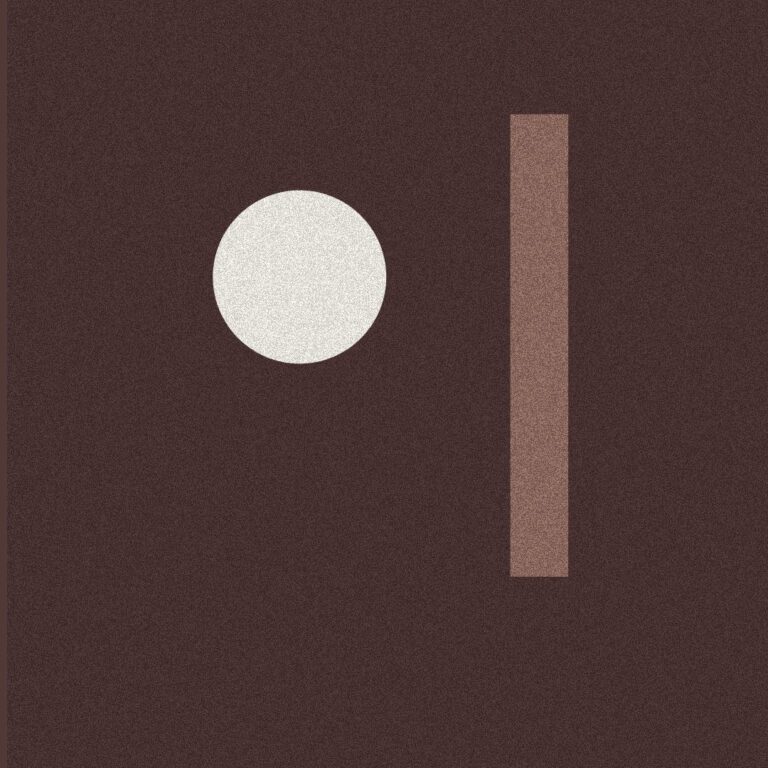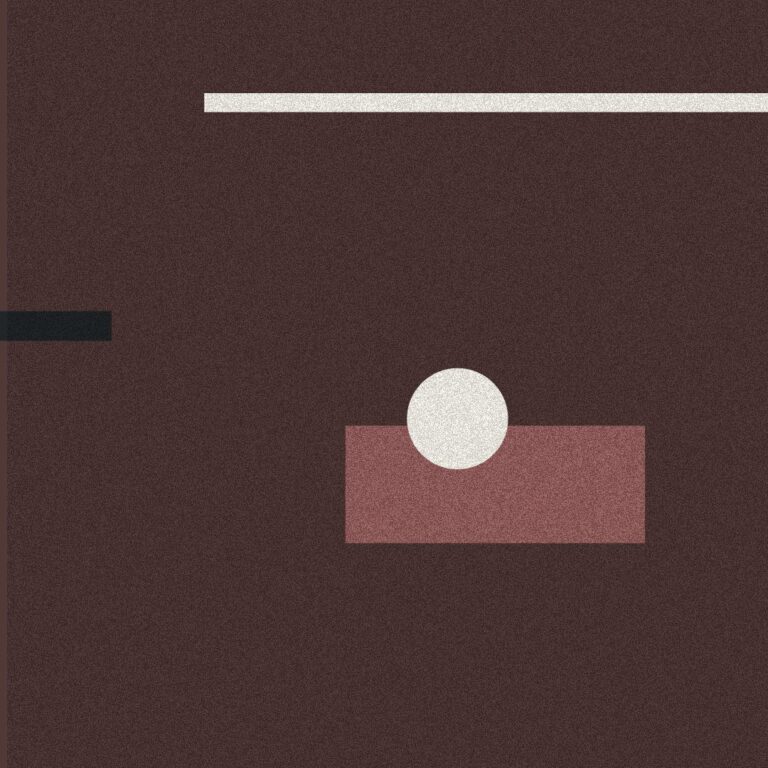| Heart of the Matter
At the worst of times, Vincent Harding reminds us, there are these pockets of hope operating all over the place, but somewhat separately from each other. That is an important and instructive analysis of this generative narrative of our time, which is real but not connected up, and so doesn’t always experience itself and isn’t always visible from the outside as a coherent landscape.
And there is Vincent’s insistence that the only question big enough to live into is, can we build a beloved community, a beloved nation? Why don’t we try, as he says?
The invitation here is to say yes.
If Vincent Harding says this America is possible, we must say yes and throw our lives behind that yes. It’s so critical, too, to take in this observation or this underlying assumption that runs through Vincent’s vision, that stitching the generative narrative together — making it cohere as a visible, viable reality — includes stitching the generations together.
Because the work ahead must be generational in scope, we must accompany each other across the span of our life experiences, our wisdoms, and our energies.
I’m so aware, listening to this now again, of how prescient Vincent was when he resists the question of whether we are seeing places of hope versus places of no hope. He says, no, we have places that are operating out of uncertainty. And uncertainty can steal the ground from hope. It can send people into their fearful impulses, the fear places in our brains and bodies. He was prescient when he talked about the crisis of whiteness, which is now so much more vividly upon us. |


